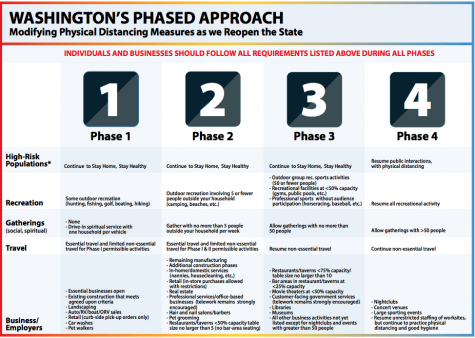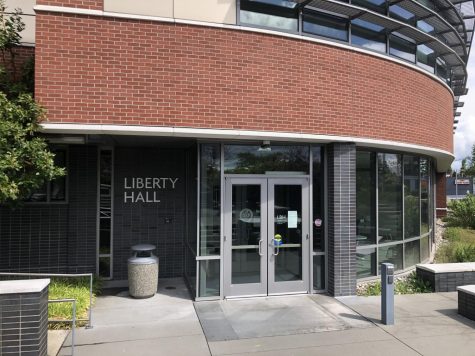Suicide Awareness
How Suicide Rates Increase During Spring
American Foundation for Suicide Prevention reported that, in the U.S., suicide rates have been increasing and every year nearly 44,000 people commit suicide.
In Washington State, suicide is now the “second leading cause of death for ages 15-34” and “on average one person dies from suicide every 8 hours,” according to an article by American Foundation for Suicide Prevention.
In a survey filled out by EvCC students, 10 out of 18 people indicated that they are currently depressed or have been depressed in the past.
Although only 10 out of the 18 students interviewed at EvCC said they are or have been depressed, 15 out of the 18 stated that someone in their life has had suicidal thoughts or attempted suicide.
“50 to 60 percent of all people who died by suicide gave some warning of their intentions to a friend or family member” according to West Michigan University.
11 out of the 18 EvCC students said that their support system is their friends.
If someone has mentioned that they are thinking of suicide it important to:
- Listen non-judgmentally
- Go with them to see a professional who can figure out a way to help them
If someone has told you they are going to commit suicide it is important to:
- Not leave them alone
- Call 911 immediately
While many people believe that most suicides happen in the winter and around holidays, there has been research that proves it’s more common to happen in the spring when the weather starts to get warmer.
Grady Dixon, a bio-meteorologist at Mississippi State University, has two theories as to why spring causes so many suicides.
Dixon’s first theory is that “Spring is when severely depressed people are able to be motivated enough to take action and do something,” when during the winter their depression might be too overbearing for them to create a plan.
His second theory is that people “anticipate they’ll feel better when spring and summer roll around (and) when they don’t, that’s a catalyst for suicide”.
According to West Michigan University’s Suicidal Prevention Program, decreased levels of serotonin in the brain have been linked to suicidal behavior and depression.
According to West Michigan’s Suicide Prevention Program, “Most people who attempt suicide are not 100% certain they want to die—they just want their pain and suffering to end,”





